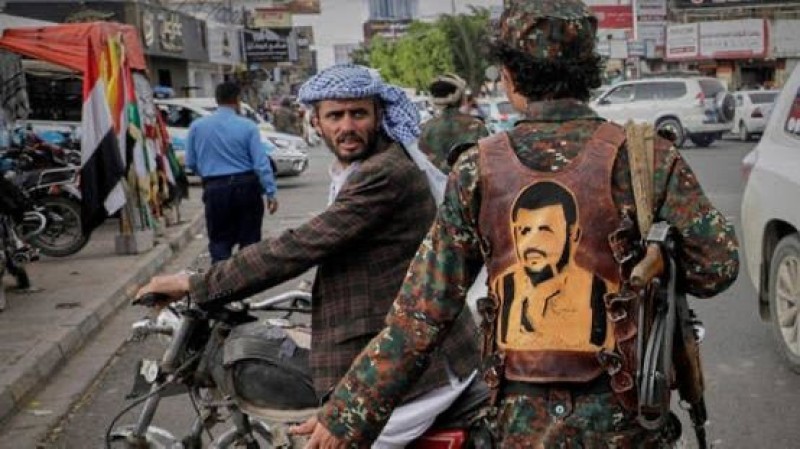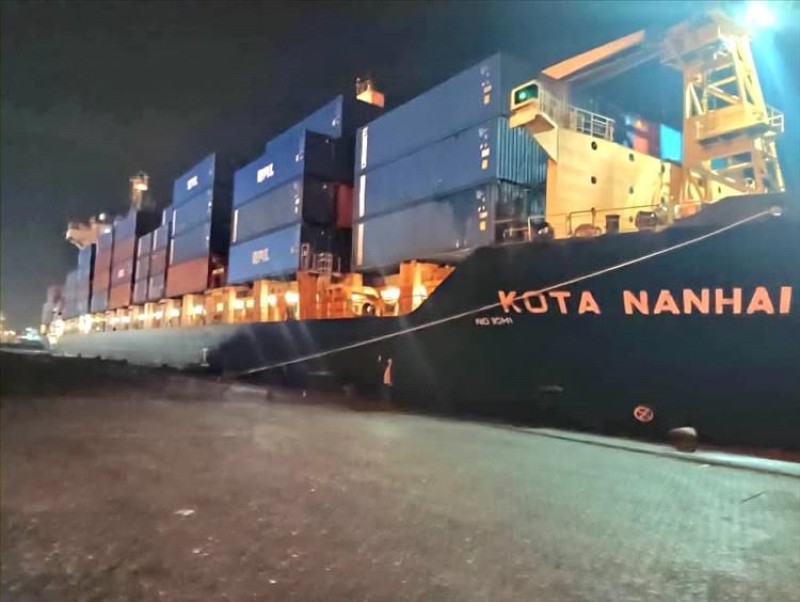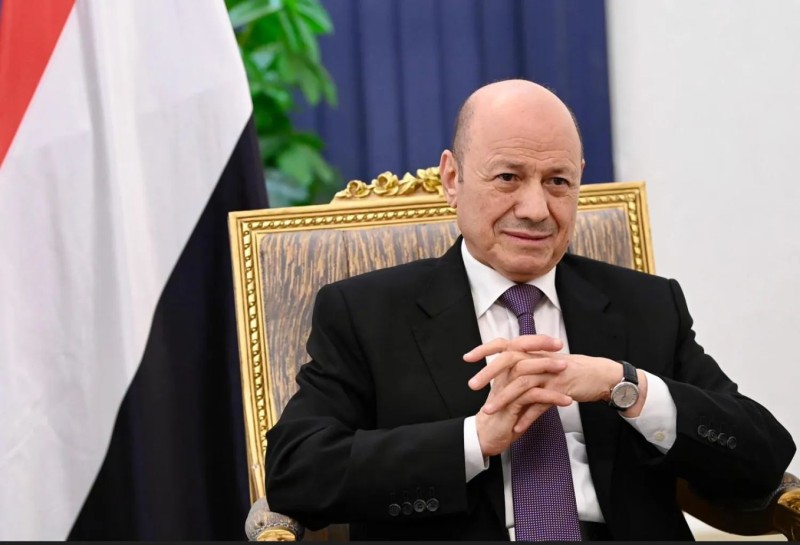After several weeks of intensive consultations with the warring parties in Yemen, as well as with regional and global players, the United Nations Special Envoy for the country today announced that the parties have agreed to open on 15 December in Switzerland, a series of talks aimed at establishing a permanent and comprehensive ceasefire. Ismail Ould Cheikh Ahmed, UN special envoy to Yemen, said that the exiled Yemen government of President Abd-Rabbu Mansour Hadi and Iran-backed Houthis were committed to the peace process laid down by the Security Council last April. Yemen peace talks will take place on December 15 and president Abdrabu Mansur Hadi is expected to call a ceasefire before the meeting gets underway. "But definitely the (Saudi-led) coalition is on board and the coalition will ensure all necessary support to make sure that the ceasefire will be holding", he added. Ahmed told reporters that three delegations would take part in talks likely to be held outside Geneva which will last "as long as it takes". Hadi also said he hoped Shiite Houthi rebels would respect the truce, failing which the coalition would be "forced to deal with any violation of the ceasefire". The UN's deputy spokesman in New York, Farhan Haq, also said the talks would alleviate the current humanitarian crisis and put Yemen on the path of a "peaceful and orderly transition". Each delegation will be made up of 12 members, including eight official negotiators and four advisors. The Houthis have not sent confirmation that they will adhere to the terms of the ceasefire. Finally, delegates will try to hammer out a political future for Yemen, a country plunged into worsening chaos since the insurgents overran the capital Sanaa, forcing the government to flee to Saudi Arabia. The conflict has allowed extremist groups such as Al Qaeda in the Arabian Peninsula and militants pledging allegiance to ISIL to increase their activity. Mr Ahmed warned that the bombing on Sunday that killed the governor of Aden - claimed by an affiliate of the jihadist so-called Islamic State group - was a "painful illustration of the dangers Yemen is facing if we don't go quickly to the negotiation table". At least 5,700 people, nearly half of them civilians, have since been killed in air strikes and fighting on the ground, according to the UN.
DM




